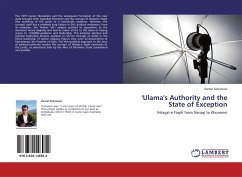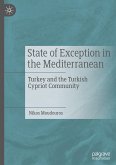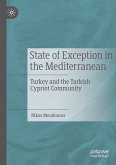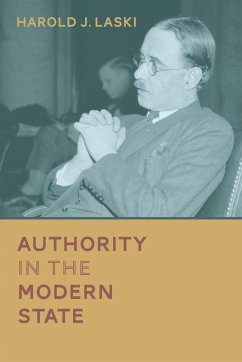The 1979 Iranian Revolution and the subsequent formation of the new state brought both Ayatollah Khomeini and the concept of Velayat-e Faqih (the authority of the jurist) to a worldwide audience. However, the concept itself has a relatively long history in Shi'i juridical endeavors. From its inception, the Twelver Shi'i religion justified its opposition to the dominant Sunni majority and tied its raison d'être to the claim of having access to 'infallible guidance and leadership. This exclusive spiritual and political leadership became available to Shi'ism through its belief in the divine leadership of twelve religious figures who were all descendents of Muhammad, the Prophet of Islam. This theo-political approach to the issue of political authority renders the concept of Velayat-e Faqih (authority of the jurist), as advocated later by the likes of Khomeini, both paradoxical and possible.
Bitte wählen Sie Ihr Anliegen aus.
Rechnungen
Retourenschein anfordern
Bestellstatus
Storno








